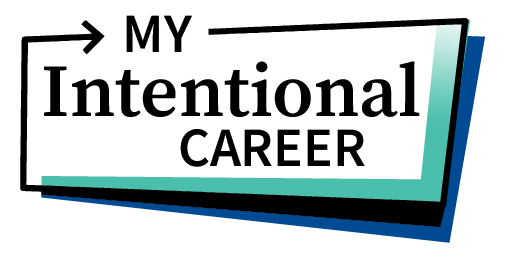Last time I shared with you that I only came to career (and life) planning late in life, even though my first glimpse into career planning was in my 20s. Since then, I’ve been thinking about the pros and cons of having a plan.
Should you have a plan?
As a latecomer to the whole idea of planning, if I had my time over again and knowing what I know now, I would definitely have a plan of some sort.
The thing I know most of all now, and would tell my younger self, is that your career will impact other areas of your life more than you can ever imagine. Also, your career will be demanding of your attention and time. It is almost guaranteed that when things are not going well in other areas of your life, your career will ramp up and demand even more of you, making you choose where to put your focus and attention.
And because your career is most likely the basis of your financial security and supports your family and lifestyle, it will be very difficult to prioritise other areas of your life over the demands of your career, even if it feels like the wrong decision.
If, like me, you haven’t thought ahead about the longer-term over the short-term, making decisions during these tricky and stressful periods might not be done with a clear head and, like me, you might look back and regret some of those decisions and wish you had had more clarity about what you wanted from your career and, more importantly, from your life.
My top three reasons to have a plan
Basis for better decision making. Having a plan now helps me in making decisions in different areas of my life. Taking the time and giving myself the space to think about what I want in my future life and the last years of my career gives me the foundation to make smarter and more strategic decisions based on my plan, particularly when these need to be made in a hurry.
Thinking about what you want from your future life and career, and working through the steps that will get you there, can help in considering a decision from different angles and gives you time to do a bit of poking and prodding to ascertain if it is the right decision for you.
Big decisions about promotions, job offers and opportunities, further study, family and friends, financial security and your health need consideration about what this means for you today, but also what it could mean for your future.
While there is no guarantee that the decision you make will be 100% the right decision, having already considered where you are and what you have planned for your future, can provide a significant headstart in the decision-making process and also help you to know when a decision isn’t working as you thought and needs tweaking.

Set your expectations. Knowing the outcomes you want can help in setting expectations around what you want to get from a particular role. This could be further experience, better training, introductions to networks, flexibility or a workplace that allows you to focus on family and other aspects of your life for a while.
If you are in a role that is all take and no give, and you are not getting what you need at this stage of your life from that role, is it time to consider what is next?
I have convinced myself many, many times that I should stay in a role where I am unhappy, working long hours, not developing my skills for a whole range of reasons. Most frequently the reason I have stayed is the little voice in my head that tells me nobody else will ever hire me. It has come up again and again, and kept me stuck in places that weren’t right for me.
In my coaching capacity, I regularly work with people who are stuck in a role because of the benefits it offers them. However, when we do an exercise looking at their priorities and ambition, the perceived benefit that is keeping them in their current role is often a very long way down their list of priorities, if it is even a priority.
Having a plan that recognises why you have accepted a particular position, and what you want to get out of that role, helps you to recognise when it is time to look for other opportunities within your current organisation or if it is time to move on.

Focus. Knowing where to put your attention and time, and when, can help you achieve your milestones and ambitions faster and more efficiently. This can be particularly important if you have some of the following traits – people pleaser (me), you like jumping into new and shiny things (me), other people rely on you to fix or solve their problems (me – and I like doing it).
For example, in a career like law, where milestones for promotion are primarily based on recording billable time, making sure you are also dedicating time to focus on developing key skills required around experience, skills and networks that will be required for big promotions you are working towards, can help you stand out from the crowd.
It can also be important when considering important life milestones that happen outside your career and making time for them – dedicating time to health, fitness and health, making time for and caring for family or friends, starting or raising a family, retirement or creating time in your life to work on other interests, retaining skills that aren’t part of your current career (practising that musical instrument, acting in the local play with your community theatre group or volunteering with your favourite charity.

We would love to hear from you about your own career plan – particularly if you were an early career planner. How did this help in your career trajectory? What did it mean for the life you have lived? Did it make decisions easier or harder to make and, looking back now, where they the right decisions for your life and your career?
But it turns out that having that plan hasn’t been right in every situation, so check out our post that examines the cons of having a plan.
See you soon,
Bron




0 Comments